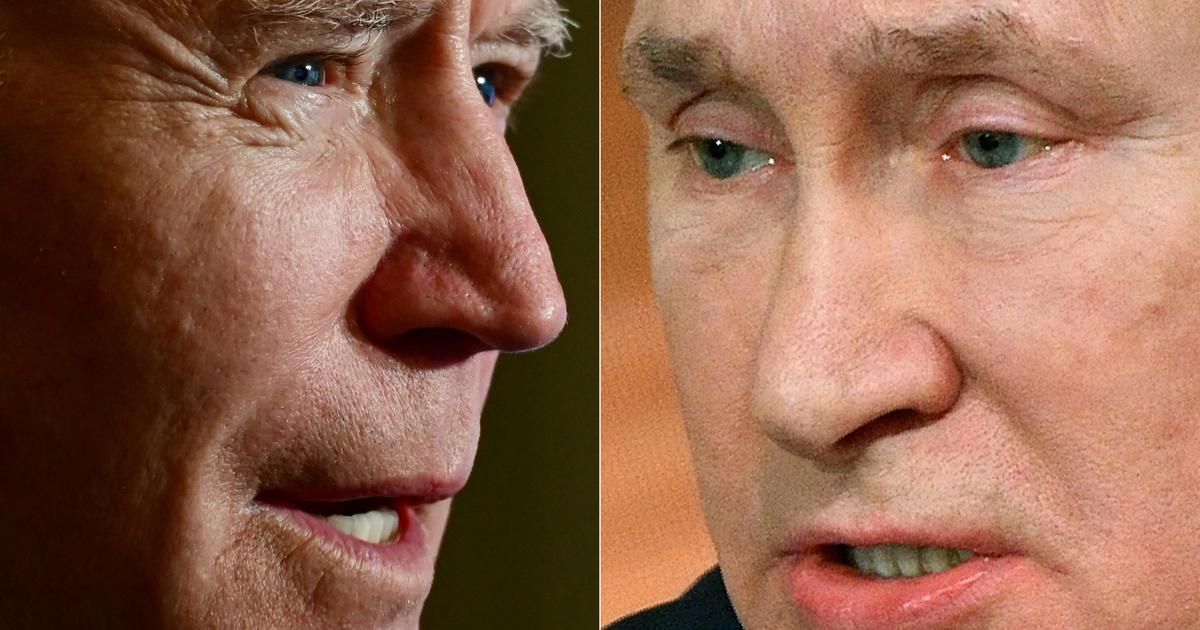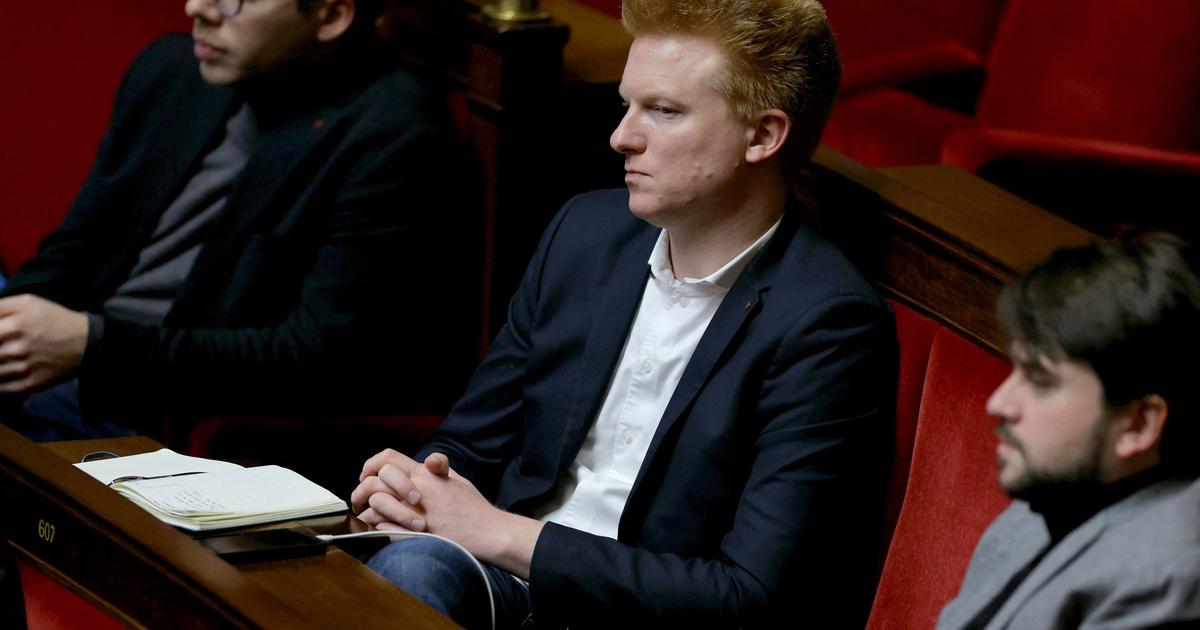The Prime Minister of Hungary, Viktor Orbán, last Sunday after his electoral victory. ATTILA KISBENEDEK (AFP)
Hungary is ready to blow up the unity that the EU has maintained so far on sanctions.
The wall built by Budapest has been one of the elements that has prevented reaching this Wednesday the necessary agreement between the European capitals on the new package of measures, forcing the debate to be postponed until Thursday, according to a senior community source.
The Executive of Viktor Orbán, recently elected and in tune with the Kremlin, had been warning for some time that he would oppose applying sanctions to Russia's energy, a position that his Foreign Minister reiterated this Wednesday.
At the same time, Orbán offered Hungary to Russian President Vladimir Putin as the venue for peace talks.
More information
Last hour of the war in Ukraine,
Although several diplomatic sources are confident that the new EU retaliation package, which includes banning Russian coal imports, will end up receiving the approval of the Twenty-seven, the Hungarian position is a warning to sailors: go further and turn off the tap of oil and gas, as a good handful of countries claim, will already be much more complicated.
"Hungary has expressed that it is concerned about continuing to advance energy sanctions," says a diplomatic source.
"She defends a hard line and calls for a European Council to be held before taking new steps."
The relationship between Brussels and Budapest is becoming more and more strained, and it becomes cloudy with each passing day: on Tuesday - shortly after proposing the fifth package of retaliation, with the blow to the energy sector in the center - the president of the European Commission, Ursula von der Leyen announced in the European Parliament that she planned to launch the mechanism to withhold European funds from Hungary as punishment for violating the rule of law.
In the community capital, often, the issues end up crossing and feeding each other.
The new sanctions package has become stuck in one of the key cogs in the complex EU machinery.
The diplomats of the Twenty-seven had this Wednesday the task of reviewing and agreeing on the proposal launched by the European Commission the day before.
Among the measures, elaborated with the terrifying images of the murders in Bucha still hot in the head, appeared for the first time the breaking of the taboo of sanctioning the succulent energy sector, by contemplating the prohibition of imports of Russian coal, with a value of 4,000 million euros.
After the review and adjustment of the ambassadors, it is up to the Council of the EU to formally approve the measures.
A diplomatic source acknowledges that “different sensitivities” have been seen in the negotiations this Wednesday, something usual, and that a clamor to maintain unity has been perceived.
But Hungary's energy dependence on Russia, he adds, has made it defend in the debate the position that is already "known" to all.
The Hungarian Foreign Minister, Peter Szijjarto, has made this position explicit this Wednesday: "We are not willing to risk the peace and security of the Hungarian people, so we do not transport weapons or vote on energy sanctions," he assured in a statement in the one that announced that it was calling the Ukrainian ambassador in Budapest for consultations, just at a time when the entire EU is carrying out the opposite movement, expelling dozens of Russian diplomats from community territory.
"It is time for the Ukrainian leaders to stop insulting Hungary," Szjjarto protested.
"This is not our war and so we want to stay out of it."
Orbán offers Hungary as the venue for the negotiations
Orbán has insisted on this idea: “The truth is that we will not send weapons to Ukraine.
We will not give in to pressure to extend sanctions on Russian oil and gas”, he assured this Wednesday at a press conference, according to AFP.
The Prime Minister of Hungary has attacked the EU for high energy prices and has revealed that he has asked Putin for an "immediate ceasefire" in Ukraine and has offered his country as a stage for peace negotiations .
According to Orbán, Putin has reacted "positively" to the invitation.
“The response was positive, but the Russian president has said that he has his conditions.
I cannot negotiate to meet these conditions, it must be him and the Ukrainian president who agree on them”, he pointed out.
The Hungarian Prime Minister added that his country would have no problem paying for Russian gas in rubles, as the Kremlin leader has demanded and as both the G-7 and the vast majority of European countries have rejected.
Concern is growing in Brussels, and not just in the EU.
Jens Stoltenberg, Secretary General of NATO, whose headquarters in the Belgian capital welcomes the foreign ministers of the allied countries this Wednesday and Thursday, has made public a call that he has had with Orbán: “I have spoken with the Prime Minister of Hungary ”, he has written on social networks.
He then launched a direct message: “NATO allies are united in our condemnation of Russia's brutal war against an independent sovereign nation.
We are prepared for the long term, supporting Ukraine, strengthening our sanctions and increasing our deterrence and defense."
Last Sunday, Orbán won his fifth election in Hungary – the fourth in a row – and, after that, he launched messages against the European institutions and their founding values.
“We have had a great victory.
So big that it can be seen from the Moon, and of course, from Brussels”, proclaimed the 58-year-old ultra-conservative.
In the same message to his followers, he reviewed who he considers his opponents at this time: “We will remember this victory until the end of our lives because we had to fight against a large number of opponents: the local left, the international left, the bureaucrats from Brussels, all the money and institutions of the Soros empire, the main international media and the Ukrainian president as well.”
Von der Leyen and Borrell travel to kyiv on Thursday to see Zelensky
The president of the European Commission, Ursula von der Leyen, and the head of community diplomacy, Josep Borrell, will travel to kyiv on Thursday to hold a meeting with the president of Ukraine, Volodímir Zelenski.
Both leaders had announced this week their intention to travel to the Ukrainian capital, but without specifying the date.
In addition, they will be accompanied by the Prime Minister of Slovakia, Eduard Heger.
Von der Leyen and Borrell will go to the Ukrainian capital ahead of Saturday's event in Warsaw to raise funds for the invaded country.
They follow in the footsteps of the president of the European Parliament, Roberta Metsola, who last week became the first senior EU official to travel to Ukraine since the beginning of the invasion on February 24.
Three weeks ago the prime ministers of Poland came to kyiv,
Follow all the international information on
and
, or in
our weekly newsletter
.

/cloudfront-eu-central-1.images.arcpublishing.com/prisa/654TH74TYSPOBZFXJKUNEAQKM4.jpg)
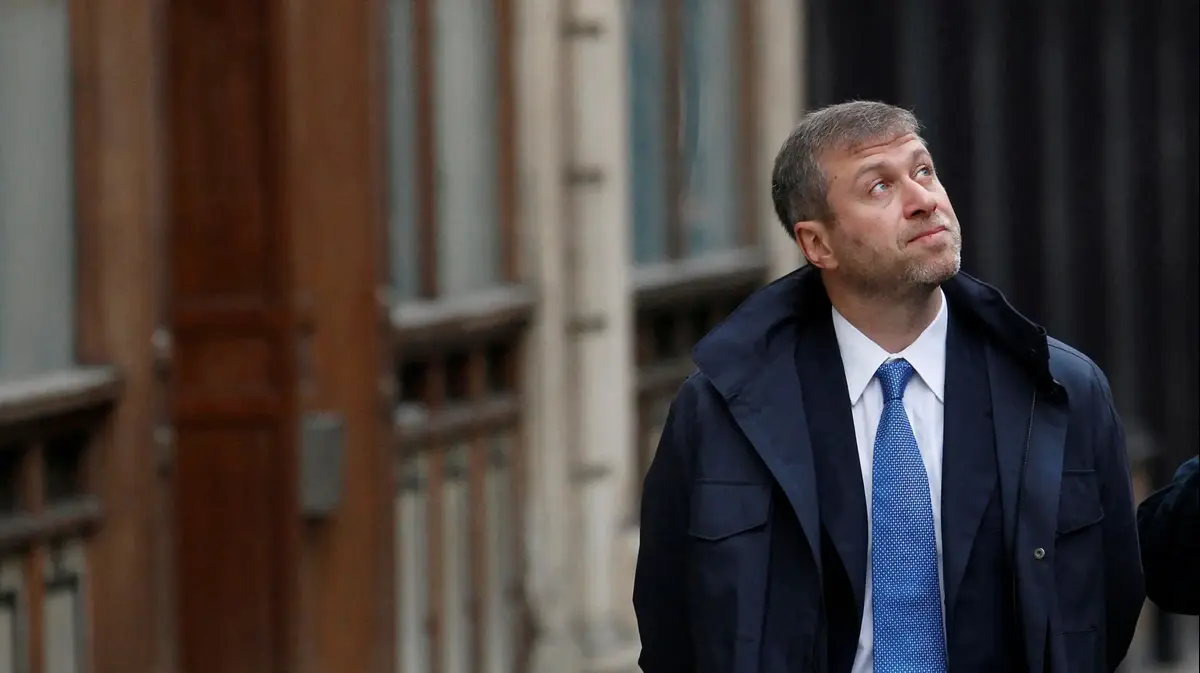
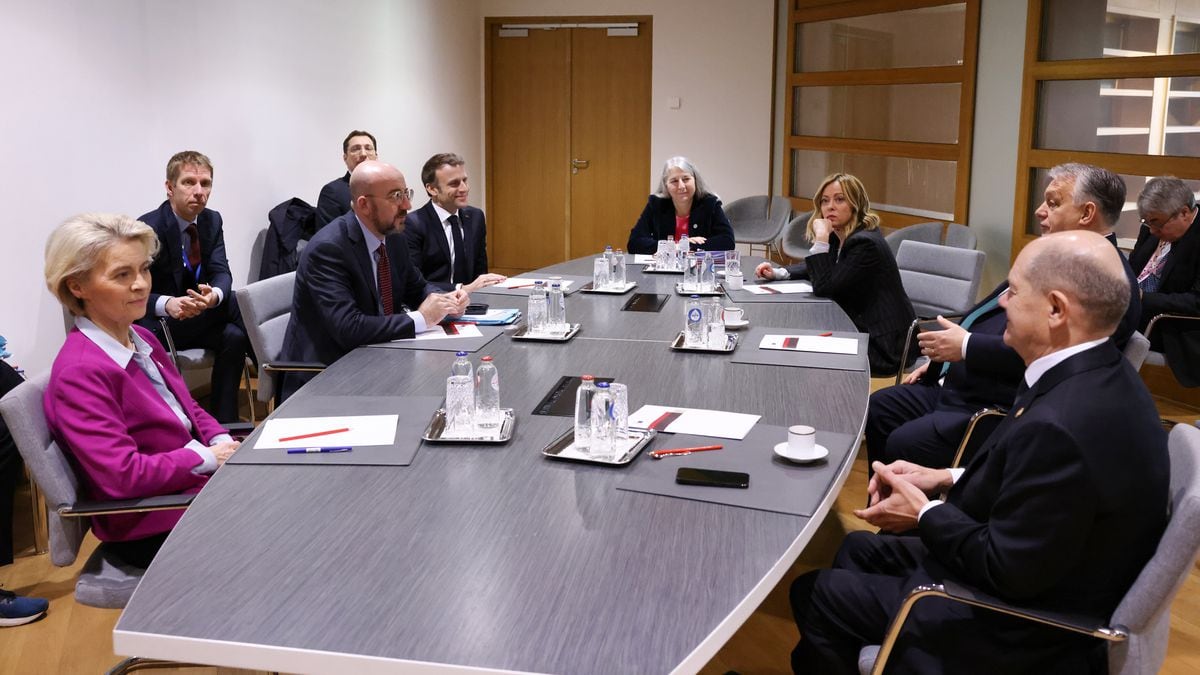
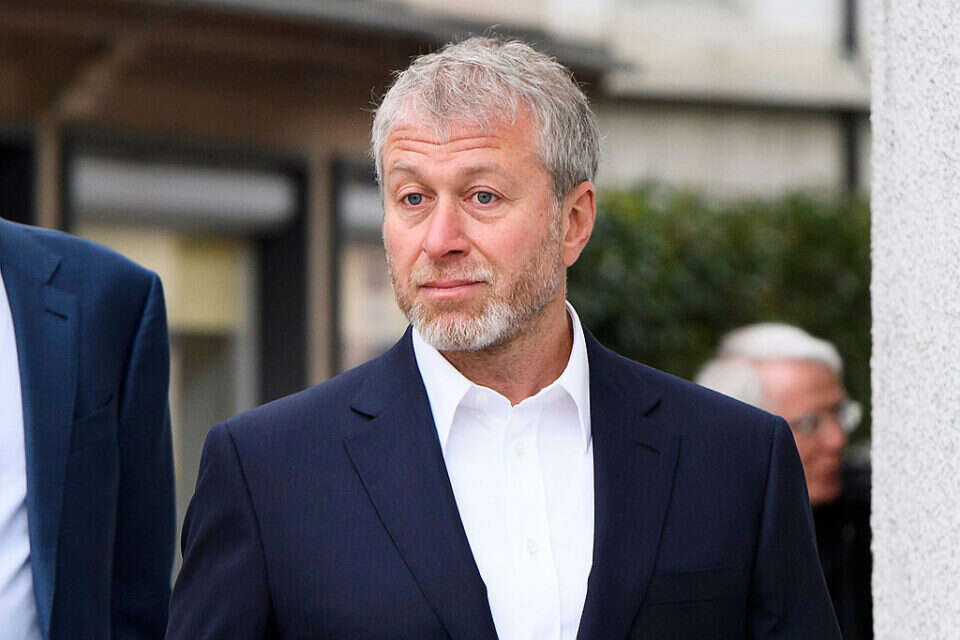

/cloudfront-eu-central-1.images.arcpublishing.com/prisa/Y4SBGEYH4WQBMM6YHI5B4G4PFE.jpg)
